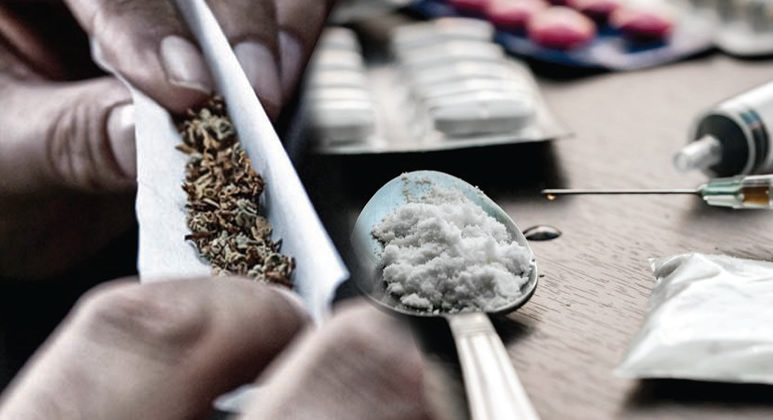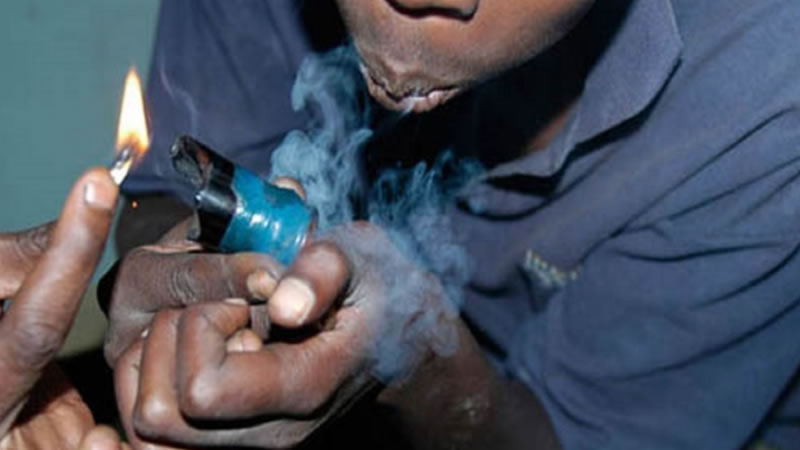Substance abuse continues to be a major health concern worldwide, affecting individuals across all age groups and demographics. Beyond the immediate physical and social consequences, substance abuse can also have profound effects on mental health. One particularly alarming manifestation of this impact is the development of psychosis and aggression in individuals who abuse substances such as cannabis, ice (methamphetamine), and MDMA (ecstasy). Understanding the link between substance abuse and these psychiatric symptoms is crucial for both prevention and treatment.
This article delves into the complex relationship between substance abuse, psychosis, and aggression, exploring the specific effects of different substances, and underlying mechanisms, identifying risk factors, and discussing potential treatment and prevention strategies.
The Relationship Between Substance Abuse and Mental Health
We’ve all heard the saying “everything in moderation,” but unfortunately, some people take it a bit too far when it comes to substances. Substance abuse is a significant problem that affects millions of people worldwide. Whether it’s cannabis, ice, MDMA, or any other addictive substance, the repercussions can be severe.

It’s no secret that substance abuse and mental health often go hand in hand. When you abuse substances, you’re not just jeopardizing your physical health but also your mental well-being. Substance abuse can exacerbate existing mental health issues or even trigger new ones.
Understanding the Link: Substance Abuse and Psychosis
Psychosis might sound like something out of a horror movie, but it’s a genuine and challenging mental health condition. It involves a loss of touch with reality, leading to hallucinations, delusions, and disorganized thinking. It’s not a walk in the park, to say the least.

Substance-induced psychosis occurs when the use of certain substances, such as cannabis or ice, triggers psychotic symptoms. Although psychosis can stem from various factors, substance abuse can act as a catalyst, increasing the risk and severity of these symptoms.
Research has suggested a strong association between cannabis abuse and psychosis. Although not everyone who smokes a joint will develop psychosis, the risk is significantly higher for heavy users or those predisposed to mental health conditions.

When it comes to methamphetamine-induced psychosis, things can get intense. Symptoms can range from visual and auditory hallucinations to severe agitation and aggressive behavior.
MDMA, also commonly known as Ecstasy, is a popular recreational drug that can have serious implications for mental health when abused. While it may initially induce feelings of euphoria and heightened sociability, the long-term effects of MDMA abuse can be detrimental. Research suggests that the use of MDMA can disrupt the balance of chemicals in the brain, particularly serotonin, leading to psychosis
Abusing substances like MDMA can result in alterations of key neurotransmitters, such as serotonin and dopamine, which play essential roles in mood regulation and cognition. These changes can disrupt the communication between brain regions, leading to the development of psychosis. Moreover, certain brain circuits related to decision-making, impulse control, and emotion regulation may also be affected, contributing to psychosis and aggressive behavior.
CHECK OUT; 5 Reasons Why Seeking Therapy After a Traumatic Event Is Crucial for Healing
How to deal with it
Psychotherapy, such as cognitive-behavioral therapy (CBT) and dialectical behavior therapy (DBT), can effectively manage the symptoms of psychosis and aggression.
These approaches focus on building coping skills, managing emotions, and challenging distorted thinking patterns. Additionally, providing a supportive environment, including family and social support, is essential for long-term recovery.
Bottom Line
If you or someone you know is dealing with substance abuse and experiencing symptoms of psychosis or aggression, it is crucial to seek professional help. Start by reaching out to a healthcare provider, counselor, or addiction specialist who can provide guidance, support, and appropriate treatment options tailored to the individual’s specific needs.















